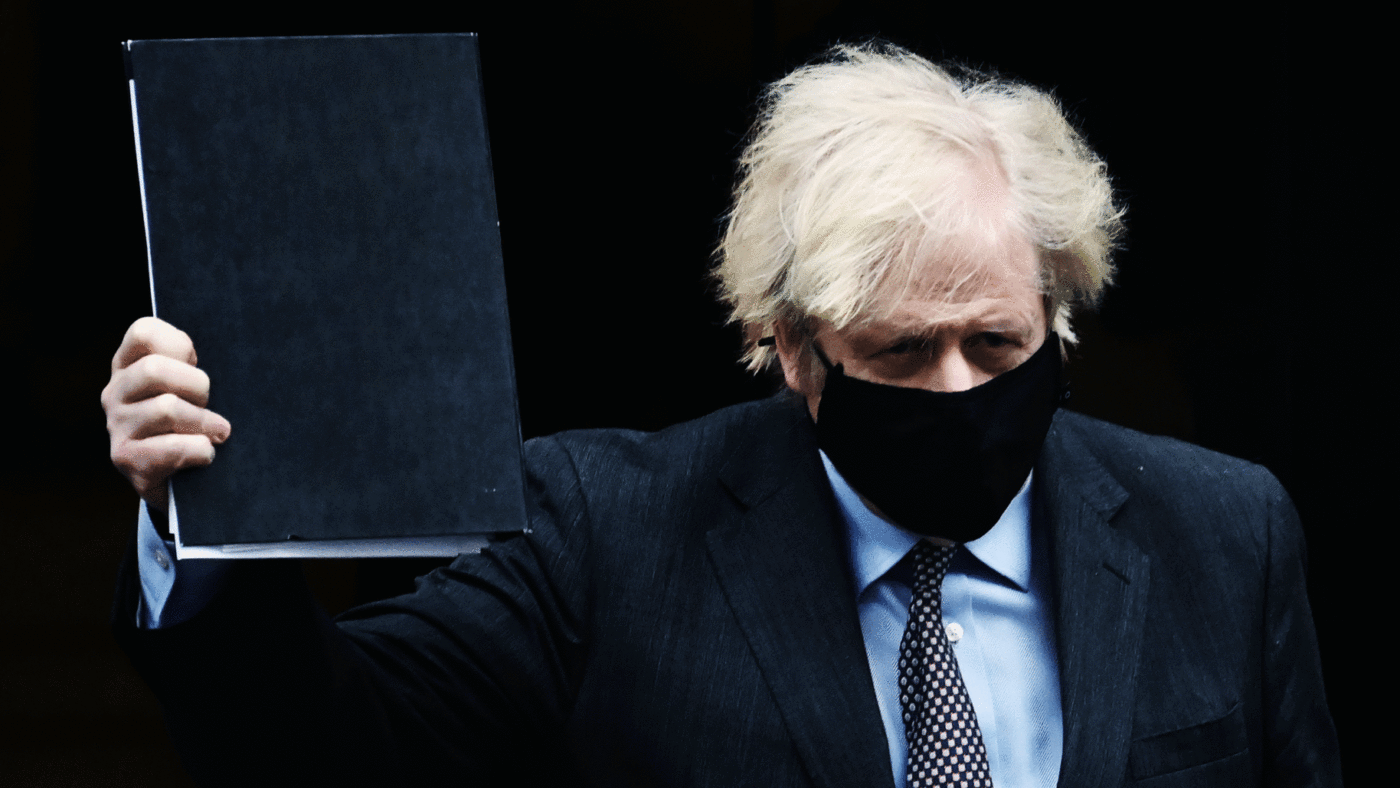The route out of lockdown will, it seems, be long and winding – with Boris Johnson’s ‘roadmap’ getting us back to something like normality by the summer. Children, parents and teachers will be relieved to be returning to school in two weeks, but the rest of us will have to live under house arrest with terrible haircuts for quite a while longer.
The Prime Minister, we’re told, is going slowly to ensure that the restrictions can stay lifted. There’s a somewhat tortured logic to keeping us in lockdown as long as possible to avoid further lockdown, but caution is understandable when so many have died.
The four tests which must be met before more parts of the economy can open up are very broadly defined. The vaccine deployment programme must continue successfully, but what’s the metric for success when the most vulnerable have already been vaccinated? Hospital admissions must reduce, but by how much? And new variants of the virus remain an open question..
So there are plenty of unwritten caveats that will enable the Government to put lifting restrictions on hold. It’s frustrating that there doesn’t appear to be an equivalent mechanism by which things could be speeded up. The slogan for the plan is ‘data not dates’, yet it states that the legal limits on social interaction will be abolished ‘no earlier than 21 June’. This date is surely as arbitrary as any other, and if it can be pushed back why can’t it be brought forward? What would be the harm in having a few criteria – worded loosely enough to give ministers room for manoeuvre – that might give us hope of getting our lives back sooner?
There’s some speculation that, mindful of the local elections in May and wary of having overpromised in the past, Boris Johnson is deliberately painting a gloomy picture of the timescale in order to give us a pleasant surprise by moving ahead of schedule. This would be a pretty cynical way to treat people who’ve sacrificed so much in the national effort to control the virus. If the Government is going to command public confidence it’s better to be frank about its motives.
The glacial pace at which we’re being handed back our liberties is a stark contrast to the terrifying speed at which they were taken away. The deprivations of the last year have been so many and various that it’s difficult to remember what happened when, but having to cancel Christmas plans with just five days’ notice isn’t something many families will soon forget.
One advantage of this slow and steady approach is that we’ll get a much more accurate picture of the effect each measure has on transmission. SAGE apparently insisted on a five-week gap between each stage of the plan to give them time to assess its impact. Again, this is a marked change of strategy from the blanket imposition of national restrictions, where sectors were targeted indiscriminately without very compelling evidence that they contributed to the spread of disease.
The haste with which we were put into lockdown compared to our snail-like progress out of it reflects the priority the Government has placed on saving lives. But as the vaccine roll-out continues and more vulnerable people are protected, the cost-benefit analysis changes. National lockdown is estimated to cost £18 billion a month. As death rates fall we’ll be getting less and less bang for this considerable quantity of bucks.
As Harry Phibbs has written on these pages, pessimists are rarely held to account when their low expectations are confounded – and the same applies to commentators and politicians arguing in favour of tougher restrictions. For example, at the start of this latest lockdown Keir Starmer said nurseries should be closed – a move that would have caused serious hardship for businesses and families, including my own, and which would not have been necessary. Had the infection rate not fallen, Starmer could have said he was right all along – as it is he will face no consequences.
In the looking glass world of the pandemic, freedom is politically riskier than draconian intervention. But keeping the country closed longer than necessary costs billions to the economy and the toll it’s taking on our mental health will have knock-on consequences for the NHS. Inequalities in gender, race and wealth have been entrenched. Educational and employment prospects have diminished, narrowing the horizons of an entire generation. It might have made sense to weigh these things less heavily than the health consequences of the virus before we had a vaccine and massively increased testing capacity. That balance is surely tipping now.
This is not to suggest that these are easy trade-offs. The Government is right to be driven by data, not dates, but if the data moves in the right direction the dates should too.
Click here to subscribe to our daily briefing – the best pieces from CapX and across the web.
CapX depends on the generosity of its readers. If you value what we do, please consider making a donation.


